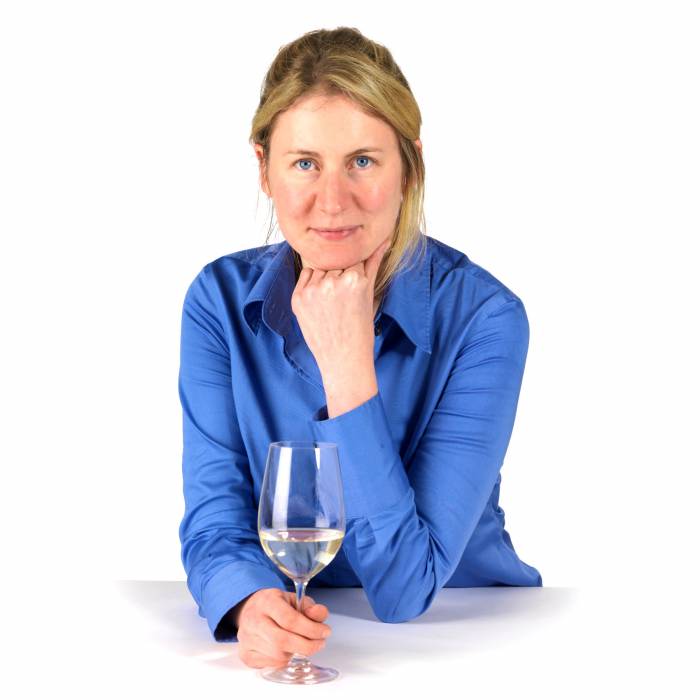
Victoria Stephens-Clarkson, a Master of Wine and wine buyer based in the United Kingdom, is optimistic about the future of Spanish wine in the British market. She believes Spanish producers have a unique opportunity to expand their presence, especially as consumer interest grows beyond traditional regions like Rioja. Stephens-Clarkson’s approach to selecting Spanish wines centers on quality, enjoyment, and authenticity. She emphasizes that technical correctness alone is not enough; wines must also be enjoyable and true to their regional character.
Her selection process involves finding wines that are well-priced and offer an experience that reflects the style of their denomination. She also seeks a balance between established names and emerging producers or lesser-known regions. This strategy caters to a discerning clientele in the UK who often look for quality in less common formats, such as half bottles (37.5 cl), which have become a point of differentiation in the market.
Stephens-Clarkson notes there is still room to expand the range of Spanish wines available in the UK. She sees this as an exciting opportunity for both buyers and producers. While classic regions like Rioja continue to dominate sales, she observes a growing number of interesting denominations and producers entering the market. Many of these new projects have traditionally been found in independent retail and restaurants but are now starting to reach wider distribution channels.
Storytelling has become increasingly important for Spanish wine producers aiming to stand out in the UK. According to Stephens-Clarkson, authentic and engaging stories help lesser-known wines connect with consumers. She believes that the more interesting and relatable the story behind a wine, the better its chances of success.
Sustainability is another factor gaining traction among buyers and consumers alike. While Stephens-Clarkson does not require sustainability as a strict criterion, she prefers working with wineries committed to responsible practices in both vineyard and cellar. She expects this focus on sustainability to become even more influential over time.
Looking ahead to FENAVIN 2025, Spain’s National Wine Fair scheduled for May 6-8 in Ciudad Real, Stephens-Clarkson expresses enthusiasm about attending after several years away. She sees the event as an important platform for reconnecting with long-standing partners and discovering new contacts among Spanish producers. The fair continues to serve as a strategic bridge between Spanish wineries and international buyers, reinforcing Spain’s position as a dynamic source of quality wine for global markets.
